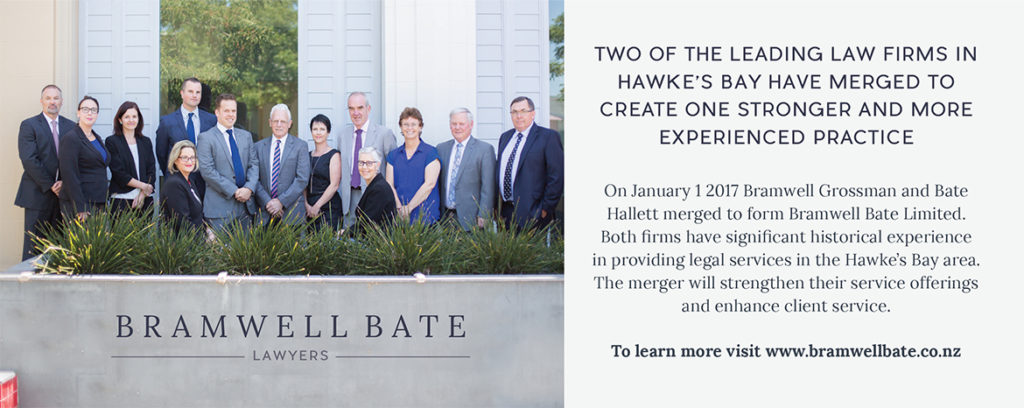It is common that an aspect of a business owner’s retirement plan is to sell the business and to use the proceeds to fund their retirement. It is important that thought and planning be given to the “exit strategy” so that when it comes time to sell the business, it is in the best shape.
This is particularly important in instances where “you” are the business and there is a question as to whether the business can continue without you and therefore what value there is in the business if you are not involved.
Business owners are often unaware of the time that it can take to prepare a business for sale. The process is often complex and will require assistance from specialists. For example, the way that you have operated the accounts of the business may well have be set up to suit your personal circumstances, but does it show an accurate picture of the performance of the business and if not, what can be done to ensure that a prospective purchaser can see the true value in the business.
Considerations
Depending on the nature of the transaction – sale to a third party or a transfer to a family member, there may be different considerations. Some matters you should consider in all transactions are:
- How to maximise value;
- Reliance on a customer;
- Managing customer expectations;
- Availability of premises;
- Maintaining support of employees; • Taxation.In a family context, there will be other considerations:
- management succession – is the younger generation ready to take over and do they have the skills and commitment to run the business;
- estate planning;
- maintaining family unity.
Maximising value
Clearly it is vital to be able to maximise the value of your business so that you can achieve the best possible price. This brings in various elements as a business’s value can be dependent on several factors.
Of primary importance, is understanding what your business is potentially worth. Most business owners will not know what their business is worth or how they can improve this.
If “you” are the business, then special consideration will need to be given as to the business’s worth (both with and without you) and how to maintain its value despite your exit from the business. For example, you may need to bring in a “successor” to work with you first before handing over the reins.
Reliance on a customer and managing customer expectations
If most of your income comes from one customer (or a small number) then it goes without saying that maintaining these customer relationships is crucial to the ongoing success of the business.
How you deal with your customers will inevitably depend on the nature of your business, however when considering your “exit strategy” you will need to consider the contractual arrangements you have in place and if the sale of the business provides them with an opportunity to terminate the contract.
I also note that, for small businesses, there may not be a contract at all. While this may currently work, you will need to consider this from the perspective of a buyer as the ability for a main customer to simply walk away may impact on what they believe that the business is worth.
It will also be important to consider how much you wish to be involved – a new purchaser may want you to be involved for a period to ensure the effective transfer of control and to help maintain customer relationships. You will need to consider this from your personal perspective as well as from the new owners (is there value in you staying involved) and from the customers.
Premises and employees
Both of these are likely to be crucial to the ongoing success of the business and if you lease your business premises then it will be important to ensure that it is available to a new owner for a reasonable amount of time as, again, the value they may attach to the
business may reduce if there is a risk that they will need to find new premises not long after purchase.
Key employees will need to be considered early in the process and possibly be included in the discussions with the prospective purchaser.
Communication
Communication is key throughout this process – deciding who to work with on your exit strategy and choosing when and how to discuss with your employees and customers. Poor communication could result in customers and/or employees leaving the business, which may in turn impact on its value.
Be prepared to adapt
The hardest part will be creating a plan. The challenge is to ensure that the plan remains effective and does not become outdated – you need to be prepared to adapt your plans.
An outdated and ineffective plan may cause as many difficulties as no plan at all.
Seek Advice Early
It is hoped that the above has provoked thought and will encourage action, however I want to highlight the importance of seeking advice from your professional advisors early in the process. The key is careful, well informed consideration of all the issues, and effective and early communication with your professional advisers will help achieve this.



